
The AIgorythm project

Playwright and actor
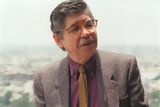
Novelist

Writer and poet

Volleyball player

Italian-Peruvian naturalist and geographer

Singer and percussionist

Last Inca emperor

Politician, former prime Minister

Journalist and TV host
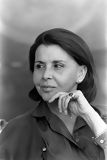
Poet

Inca warrior
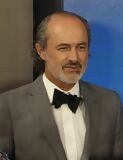
Actor and comedian

Biophysicist

Poet

Doctor and researcher
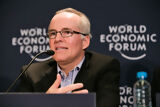
Businessman, Interbank group

Journalist and writer
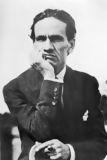
Poet and writer
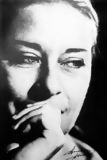
Singer and songwriter
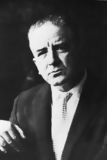
Writer

Film director, Berlin Golden Bear winner

Football player
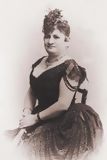
Writer and journalist
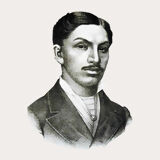
Doctor and scientist

Photograph

Chess player

Industrialist
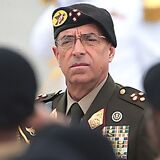
Former general

Specialist in public health

Actress and singer
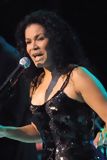
Afro-Peruvian music singer

Mathematician and engineer

Indigenous chronicler

Neurologist and anthropologist

Painter

Football player
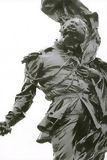
National hero, military leader

Intellectual and reformer

Chef and entrepreneur

Fashion designer
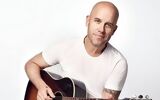
Singer-songwriter

TV presenter

Marathon runner

Indigenous Peruvian chronicler

Theologian

Former national team captain

Economist and former health minister

Inca princess

Writer and television host

Folk musician

Poet and guerrilla
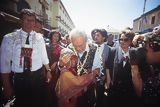
Former UN secretary-general

Chef, known for fusion cuisine

Football player

Peruvian aviation pioneer

Poet and artist
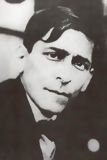
Marxist philosopher and writer

Industrialist and businessman
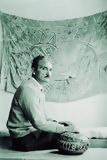
Novelist and ethnologist

Painter and muralist

Opera tenor

Fashion designer

Cardinal of Lima

Peruvian tennis player

Football coach

Leader of the indigenous rebellion
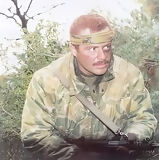
Military hero

Latin singer
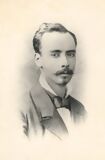
War of the Pacific hero

The youngest mother in history

Politician
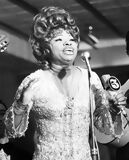
Creole music singer

Tennis player
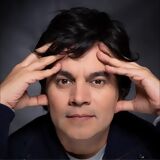
Musician

Writer and politician

Politician and founder of the Christian Democratic Party

Founder of Sodalitium Christianae Vitae

Archaeologist and anthropologist
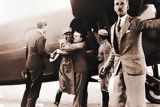
Military leader and politician

Television host
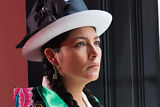
Actress and singer
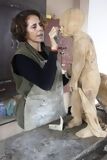
Contemporary sculptor
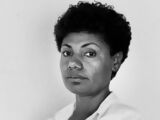
Women’s rights activist

Beauty queen

Astrophysicist

Heroine of independence
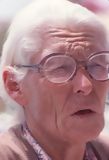
Mathematician and archaeologist

Historian and anthropologist
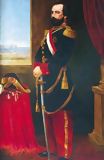
Military figure and historical figure
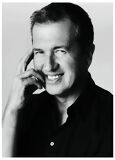
Fashion photographer
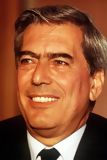
Writer, Nobel Prize in Literature, Politician

Revolutionary leader
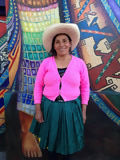
Environmental activist

Leader of the indigenous rebellion
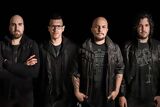
Musician from Gaia band
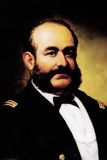
War hero
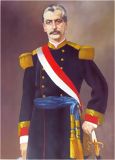
Military leader and politician

Chef, known for Nikkei cuisine

Volleyball coach and former player

Environmental activist

Television personality

Writer
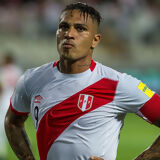
Football player

Epidemiologist and former health Minister

Inventor and aerospace pioneer

Soldier and inventor
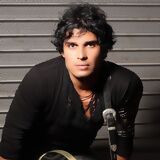
Rock singer

Chef and co-owner of Central restaurant

Painter

Football player

TV presenter and actress
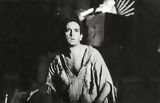
Actor
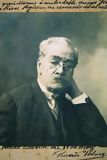
Writer and historian

Journalist and lawyer

Archaeologist, founder of Caral site
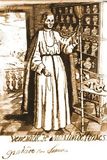
Monk and Saint
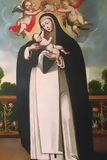
Saint, patron of Latin America

Physicist and engineer

World champion surfer

Actress

Oncologist
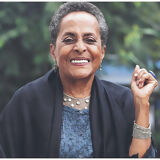
Singer, Latin Grammy winner

Former mayor of Lima

Singer

Actress

Former football player

Painter
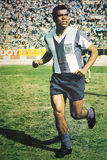
Former football player

Painter

Inca leader

Archbishop, saint
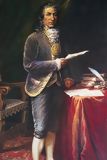
Leader of the indigenous rebellion

Revolutionary indigenous leader

Diplomat and intellectual

Sculptor and painter
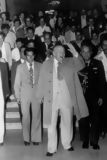
Political leader, founder of APRA

Lawyer and Former prime minister

Chef of Central restaurant
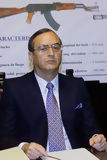
Former head of secret services

Popular singer

Fashion designer

Exotic music singer
Luis Alberto Sánchez (1900-1994) was one of the most influential Peruvian intellectuals of the 20th century. Born in Lima, Sánchez made significant contributions as a writer, historian, politician, and educator. His career spanned across various areas of Peruvian culture and politics, and his ideas on democracy, education, and culture have left a lasting mark on the country’s history. His writings and political involvement shaped much of the intellectual and cultural debate in Peru during his lifetime.
Born into a middle-class family, Sánchez developed a passion for reading and study from an early age. He studied at the National University of San Marcos in Lima, where he earned degrees in Law and later a doctorate in Literature. His university years were characterized by intellectual engagement, forming the foundations for his future contributions in both academia and politics.
During his education, Sánchez's interests expanded to history and Latin American literature, which led him to write extensively on these subjects. His time at university helped shape his critical thinking and commitment to addressing the social realities of Peru.
In addition to his intellectual work, Luis Alberto Sánchez was actively involved in politics. He was a prominent member of the American Popular Revolutionary Alliance (APRA), Peru’s most significant political party, founded by Víctor Raúl Haya de la Torre. Over his lifetime, Sánchez held numerous public positions, including Vice President of Peru. His political philosophy emphasized democracy, human rights, and the importance of education as tools for social transformation.
As a writer, Sánchez produced an extensive body of work, with a particular focus on Latin American literature. He authored numerous books and essays covering a range of topics from politics to history and culture. Among his most notable works are his studies on Latin American literature, where he highlighted the importance of cultural identity and social context in literary production.
One of his key contributions was advocating for the recognition of Latin American literature within the global literary canon, while simultaneously emphasizing its unique cultural and social attributes. Through his literary criticism, Sánchez positioned Latin American writers as important voices in global literature.
The legacy of Luis Alberto Sánchez in Peruvian intellectual and political life is profound. As an educator, he inspired generations of students to think critically about the social issues affecting their country. As a politician, he championed democratic reforms and social justice, leaving a lasting imprint on the political landscape of Peru.
His works continue to be read and studied today, and his ideas influence contemporary discussions in academia and politics. Sánchez's ability to bridge the gap between academic theory and political action solidified his position as one of the most important figures in 20th-century Peru.
As both a thinker and politician, Luis Alberto Sánchez played a crucial role in shaping Peru’s cultural and social evolution. His legacy, both literary and political, continues to resonate in the country’s history, and his work remains an essential reference for those seeking to understand the development of thought in Latin America. Through his writings and actions, Sánchez demonstrated that culture and education are powerful tools for societal transformation.